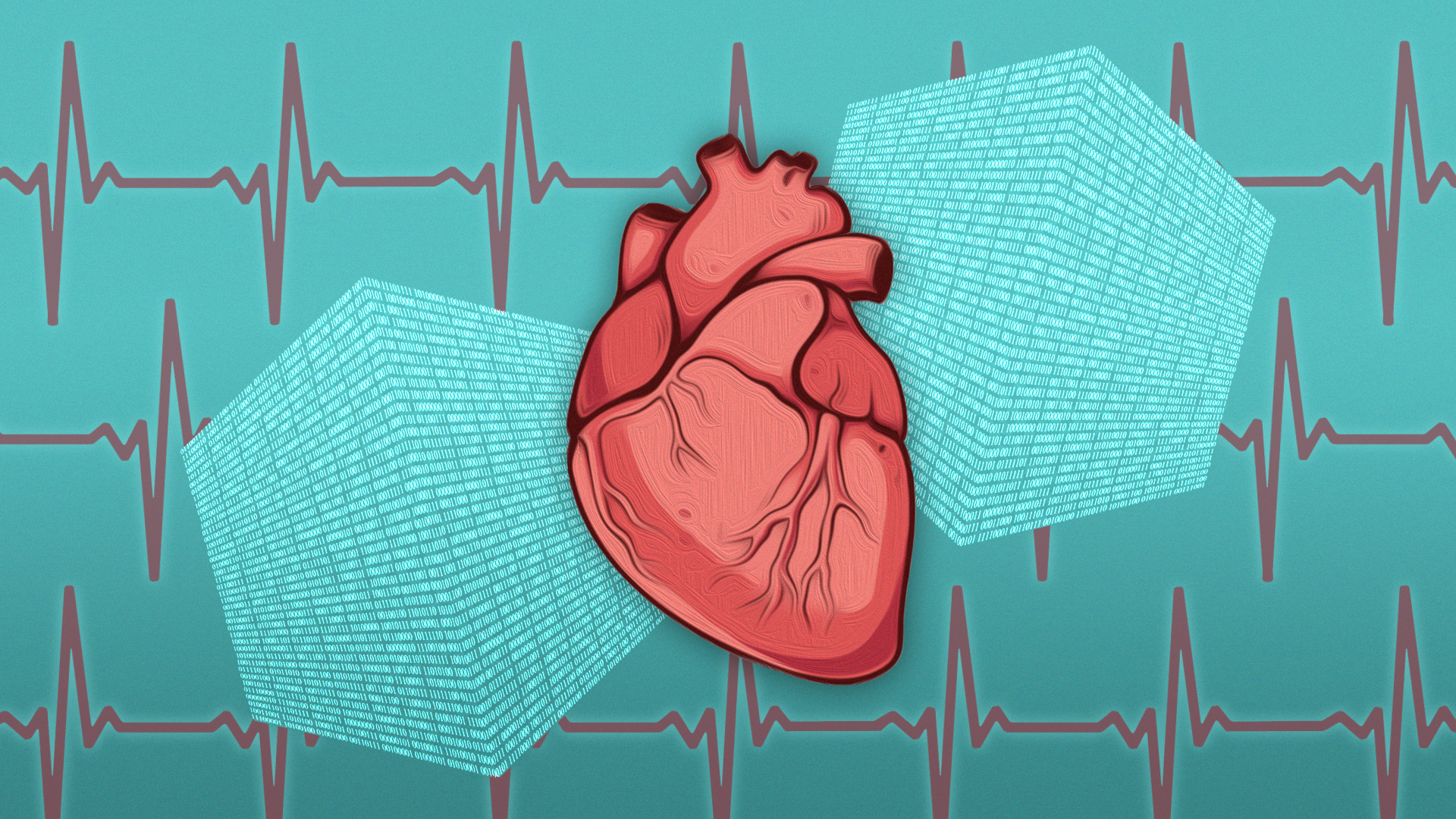Health AI is now reportedly capable of predicting the year each of our immune systems will inevitably falter, and whether or not people are likely to develop cardiovascular problems later in life.
Remember those old school apocalyptic websites that used to show live countdowns to our random death dates, usually between two grinning skull gifs? Well, what if we had something like that for real?
Far less sinister in nature, investigators at Stanford University School of Medicine and the Buck Institute for Research on Aging have developed an AI capable of predicting how strong our immune systems are and when they will inevitably begin to fail.
Aptly dubbed iAge, this tool gauges the degree of chronic inflammation within a person’s body to determine what their ‘immunological age’ is. How may candles should really be on your next birthday cake?
Using a deep neural network, iAge reaches these results by searching for signs of inflammation at a molecular level in our blood.
Published this week in the Nature Aging journal, research claims the number of working protein cells called cytokine – which rally immune cells to the site of an infection – can help the AI’s algorithm to broadly calculate when someone’s immune system will retire.
NEW: @chinabyrns and colleagues @Penn @PennNGG show glial AP1 is initially protective after TBI in the fly, but remains active chronically, driving tau pathology & degeneration. Glial AP1 is activated with aging, & may be accelerated by TBI. Read it here: https://t.co/DuYugfR5Xv
— Nature Aging (@NatureAging) July 9, 2021
These conclusions were drawn after examining blood from diverse ages ranging all the way from 8 to 96. One thousand samples were collected over a seven year period and subjected to testing to assess the activity of immune cell types against different stimuli.
The team found that cytokine appears to be the main driver of age-related inflammation, and also signs of cardiovascular deterioration – mainly, the thickening of the left ventricle walls and general arterial stiffness, which greatly increases the risk of heart attacks and strokes.




















